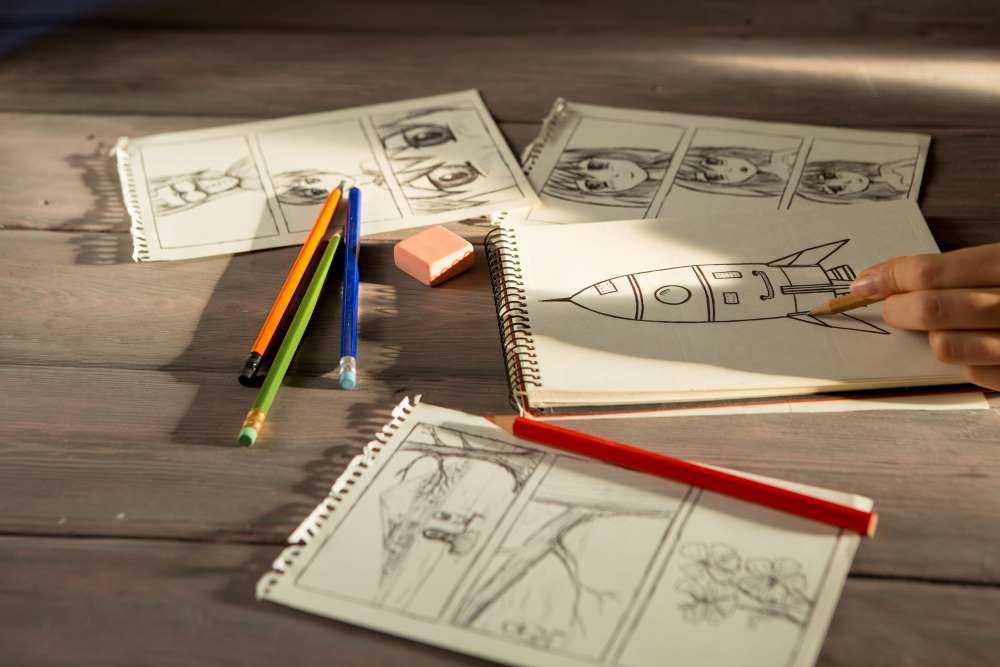
Almost every parent dreams of their child growing up to be a little version of themselves. But as time goes on, we realize our children are unique people with their own thoughts, beliefs, and interests. Rather than struggle to relate to our kids over the cartoons, video games, and other topics that pique their interest, parents have an obligation to relate as much as possible.
Doing so is easier said than done. But it’s not impossible. What’s more, letting your child know you care about their interests can be the difference maker in developing a strong bond. The following are six ways to make it happen:
Discussions
The easiest way to show your kid you care about their interests is to talk about them. Even if it requires you to do some online research beforehand, the joy in their eyes will be worth the effort. What’s more, talking to them about their interests may help you understand and appreciate them better than you did before having the conversation. You may even find ways to relate and connect through similarities with your own interests.
References
You don’t always need a discussion to let your child know you care about their interests. A seemingly random reference can be enough. Let’s say you’re doing dishes with a yellow sponge. If your daughter is obsessed with SpongeBob, try and make a reference using your sponge as a prop. What seems like a casual remark to you will sound like a remarkable observation to them. What’s more, it lets them know you’re paying attention to their interests.
Gifts
Birthdays, Christmas, and other gift-giving occasions are great opportunities to let your kid know you care about their interests. It’s as simple as giving them a gift related to their interests. From Naruto merch for the manga-lover in your household to a set of power tools for the aspiring engineer, gifts serve as a reliable method of expressing concern and awareness of your child’s interest. Depending on the nature of the gift, it could be a conversation starter through which you learn more about the things they love.
Endorsements
It’s one thing to acknowledge the interests of your children. It’s another to express outright endorsement of them. Kids crave that kind of validation, so provide it whenever possible. For instance, your child may have a fascination with sports while you have no interest in them. They’re smart enough to know you aren’t as fascinated as they are with baseball statistics and football schedules. Be that as it may, you can still acknowledge the elements of their interest that strike a chord. It could be something as seemingly tenuous as commenting on the striking color scheme of their favorite team’s home uniforms. Your stamp of approval will mean the world to them.
Involvement
If possible, get involved in your child’s interests. Do they love a certain video game? Rather than decry it as a wasteful distraction, ask to play in co-op mode. If you’re good, they’ll want you to keep playing. If you suck, they’ll enjoy being the one doing the explaining for a change. It’s a win-win.
Expansion
They’re a child under the age of 18. You’re an adult with several decades of experience under your belt. There’s a good chance you could blow their mind with new information regarding their interests. For instance, a child interested in filmmaking could benefit from your recommendations regarding the great cinema of the past. In doing so, you expand their horizons and encourage their interest in one fell swoop.
Parents often hope their kids turn out to be little versions of themselves. While there’s a good chance you’ll have a lot in common, you’ll soon discover there are many things they love that you struggle to understand. While you may never quite figure out what makes SpongeBob so funny or Naruto so cool, finding ways to express interest will make a significant difference in the relationship you have with your kid. And isn’t that all parents want in the end?
About the author: Michael Driver is a freelance writer from Texas. When not writing about family, he enjoys covering topics related to history, movies, and sports. Michael can be reached at ReddishRaddish87@Gmail.com



























